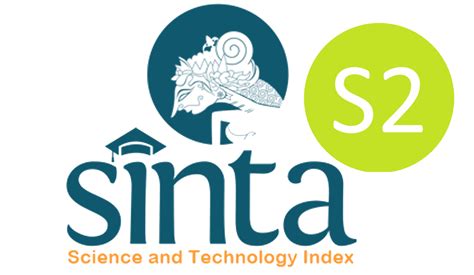Jurnal Pendidikan Geografi: Kajian, Teori, dan Praktek dalam Bidang Pendidikan dan Ilmu Geografi
Abstract
The research aims to develop a learning model integrating Differentiated Learning, Project-Based Learning, and Spatial-Based Learning, known as the Differentiated Spatial Project Learning (DSPL) model, using the Quantum Geographic Information System (QGIS). The study addresses two main research questions: (1) What are the steps of the DSPL model developed from the integration of differentiated instruction, project-based learning, and spatial-based learning with the utilization of QGIS? (2) Is there a difference in the average geo capability (GC) between classes taught using the DSPL model and those not taught using the DSPL model? To answer these questions, the Successive Approximation Model (SAM) and a quasi-experimental design with a pretest-posttest control group approach are employed. The development process is structured into three cycles, each comprising evaluation, design, and development phases. The quasi-experimental design assesses the impact of the DSPL model using QGIS on students' geo capabilities (GC). The research subjects are X grade high school students at State Senior High School 1 Purwosari. Data is collected using questionnaires and geography capability tests. The results indicate that the DSPL model, utilizing QGIS, is effective in improving the GC of secondary school students.
First Page
163
Last Page
177
Recommended Citation
Handoyo, Budi; Putra, Alfyananda Kurnia; Mkumbachi, Ramadhani Lausi; and Fadila Gastama, Aulia Nindy
(2025)
"Students’ geo-capabilities skills improvement: The role of differentiated spatial project learning development using QGIS,"
Jurnal Pendidikan Geografi: Kajian, Teori, dan Praktek dalam Bidang Pendidikan dan Ilmu Geografi: Vol. 30:
No.
1, Article 10.
DOI: https://doi.org/10.17977/2527-628X.1184
Available at:
https://citeus.um.ac.id/jpg/vol30/iss1/10
Included in
Educational Assessment, Evaluation, and Research Commons, Educational Technology Commons, Secondary Education Commons, Secondary Education and Teaching Commons




